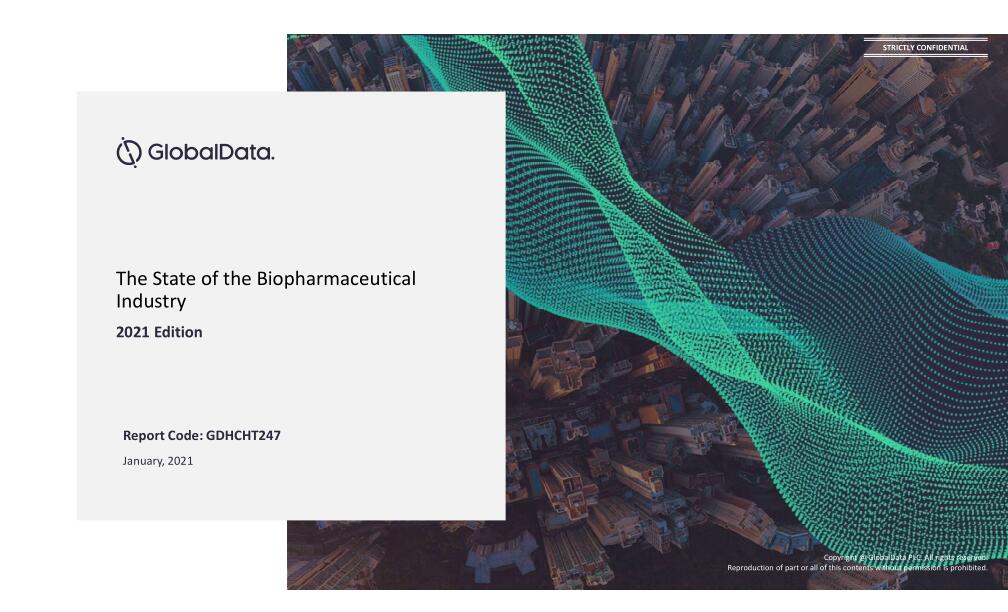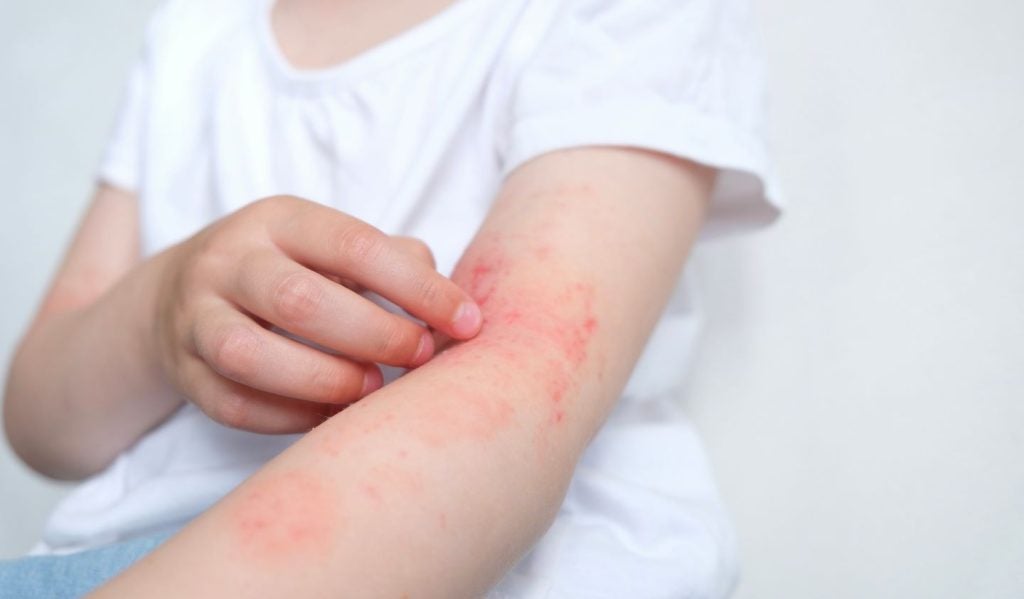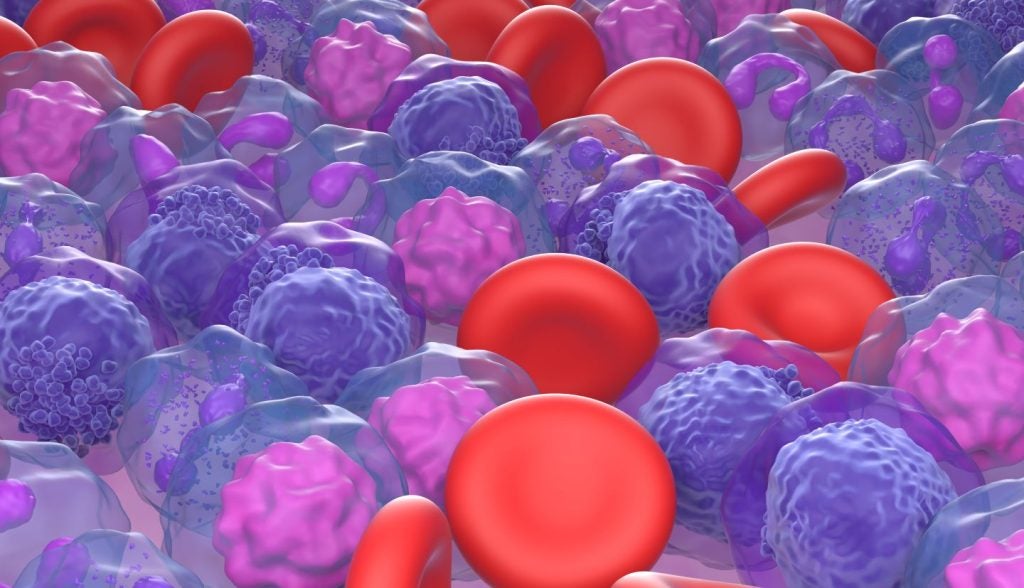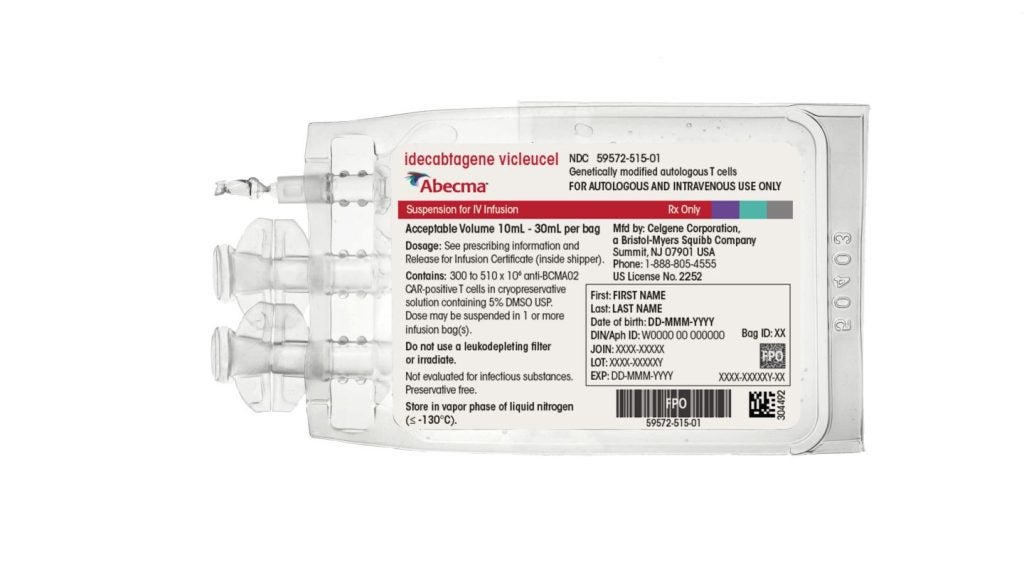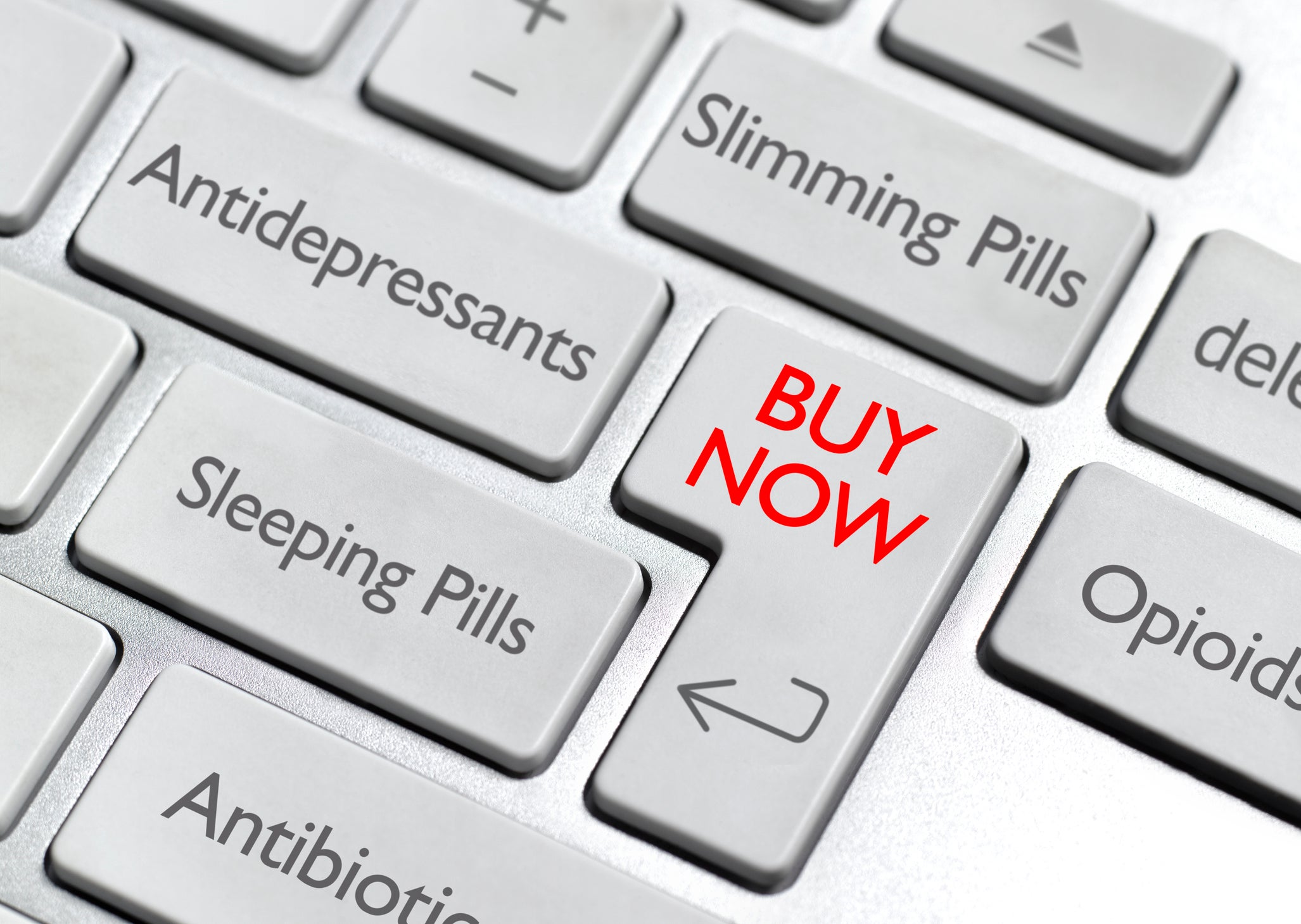
Amidst an insulin pricing crisis and consistent shortages of drugs ranging from Teva’s attention deficit hyperactivity disorder (ADHD) medication Adderall (amphetamine/dextroamphetamine) to antibiotics to cardiology drugs, consumers in the US are increasingly turning to alternative methods of drug procurement, often involving illegal pharmacies, to seek essential medications.
The FDA has flagged this issue as pharmacies selling prescription drugs illegally have proliferated over the years. The US Food and Drug Administration (FDA commissioner Dr. Robert Califf says, “The illegal sale of prescription drug stimulants online puts Americans at risk and contributes to potential abuse, misuse, and overdose.” While online pharmacies like GoodRx have long existed and thrived, last year, when Mark Cuban Cost-Plus Drug Company launched an online pharmacy amidst much fanfare, it directed wider public attention to the possibility of sourcing medications online to cut costs. However, a growing number of illegitimate online pharmacies are avoiding established pathways that require prescriptions to provide medicines.
For example, on 26 May, for one quick Google search to “buy Adderall”, the first page of results consists of three amongst the 10 listed websites that either allowed a consumer to purchase an unrestricted quantity of medication or without a prescription. The FDA has released several warning letters to tackle this problem over the years, but as the volume of drug shortages has increased in recent years, the attractiveness of these websites has also increased for many consumers.
In October 2022, the FDA reported an Adderall shortage, leaving many without access to the drug. Even before this shortage was announced, a 2020 study found that approximately 98% of online pharmacies selling Adderall were rogue or unclassified. In a warning letter for a website distributing stimulants including amphetamines, the FDA highlighted that these websites pose a “significant risk” to US customers as stimulant medications present a high risk for potential abuse. The Director of the Global Health Policy and Data Institute at the University of California San Diego, Dr. Timothy Mackey, says that during shortages and public health crises, such websites can quickly make these drugs available due to their fraudulent nature. Because legitimate pharmacies have limited supplies, these websites may seem like the only available source for patients.
In an email to this news service, Dr. John Hertig, the active member and former chair of the board of directors for the nonprofit Alliance for Safe Online Pharmacies (ASOP) Global says, “Counterfeit products sold by illegal online pharmacies often are manufactured in unsafe conditions, contain little or no active ingredients and/or are manufactured using dangerous and sometimes deadly substances.”
How well do you really know your competitors?
Access the most comprehensive Company Profiles on the market, powered by GlobalData. Save hours of research. Gain competitive edge.

Thank you!
Your download email will arrive shortly
Not ready to buy yet? Download a free sample
We are confident about the unique quality of our Company Profiles. However, we want you to make the most beneficial decision for your business, so we offer a free sample that you can download by submitting the below form
By GlobalDataSee Also:
In 2023, the FDA has issued two warning letters to the illegally operating online pharmacies www.ivermectin4covid.com and pharmahealthonline.com. According to the letters, the former claimed to offer products that could be used in the “diagnosis, cure, mitigation, treatment, or prevention of disease” for COVID-19. However, the website sold unapproved versions of ivermectin to the public for unmoderated use, putting individuals at risk. The FDA also caught the latter website selling unapproved and misbranded drugs.
Mackey says that people may seek medications due to issues with health insurance policies, variable coverage for certain conditions, lack of access, and more. “This is more of a commentary on whether we provide access to essential medicines to our populations, and if we don’t, then what other avenues do we have and are those avenues unsafe,” he says. Sachiko Ozawa, PhD, an adjunct associate professor of maternal and child health at the University of North Carolina, adds that people may turn to these options as they lack the knowledge or the ability to correctly identify the legitimacy of these websites.
Systemic problems plaguing pharmacies
Ozawa says that following the Covid-19 pandemic, the risk of pharmacies selling drugs illegally has increased as most of the population has grown more comfortable with online purchases.
Furthermore, she says the price difference between rogue online and traditional pharmacies is a factor. “The pricing of insulin medications on these rogue, unapproved, unclassified pharmacies is really low. Whereas if you were to compare the brick-and-mortar pharmacies with the legitimate online pharmacies, the prices were actually higher online,” she adds. Ozawa says that the rogue pharmacies cater to people looking for cheaper essential drugs like insulin. “It is very difficult for people to actually assess whether a pharmacy is actually legitimate, because they do such good marketing,” she notes. However, she says that a lack of pharmacist consultation could leave consumers ignorant of specific drug-drug interactions, adverse reactions, and addictive effects. She explains that this is particularly an issue for addictive and potentially harmful stimulants such as Adderall.
Dr. Stephen Eckel, the director of the pharmacy, innovation services at the University of North Carolina Medical Center, suggests that failures in the US pharmacy system are a potential cause for the popularity of these websites. “The amount that a patient pays out of pocket has increased over time. At the same level, the amount of money that the pharmacy gets for filling that prescription has gone down,” he says. Eckel says that pharmacists have been hit by the repercussions of efforts to make healthcare cheaper. “In a desire to make healthcare cheaper, pharmacy benefit managers are reducing the payments out [to pharmacies], so that it trickles down to the patient to become a cheaper alternative to them,” Eckel adds. He says that this is the idea in theory, but there is debate over whether this method has been effective in its goal. In recent US Senate hearings, US legislators have raised concerns that these savings due to negotiations by pharmacy benefit managers (PBMs) have not been transferred to the end consumer, but rather to the PBMs themselves. “These systemic issues will increase online medicine sales and expand the potential risks to patients and their families,” says Hertig.
Possible solutions to counter illegal pharmacies
Geographical issues also make it difficult to block these pharmacies. “Many of them are operating outside of the US and are selling to US customers, so are operating outside of the control of the FDA,” says Ozawa. Additionally, in Mackey’s studies investigating online pharmacies, a recurring issue when attempting to identify illegitimate websites was that the drugs were drop shipped from another country, creating confusion as to which online pharmacy sold the product. “Online pharmacies are just storefronts for drop shipping from someone else, so when you shut down an online pharmacy it doesn’t mean you’re actually shutting down the source of the drug itself,” says Mackey.
In 2014, the US National Association of Boards of Pharmacy (NABP) launched the “.pharmacy” domain initiative to give global consumers a way to recognise legitimate online pharmacies. However, Eckel believes that the public awareness of this domain system is not yet at a high level. “.pharmacy should give you, as a consumer, comfort knowing that it is a legitimate pharmacy because it has been registered and tested for appropriateness,” Eckel says. “We need to try and educate the public on the risks associated with ordering medications online, especially when the prices are so much cheaper than what they can get from their regular pharmacies,” he adds. However, even large legitimate online pharmacies like GoodRx and Cost Plus Drug Company only use .com domains, which makes it unclear if a distinct domain can be used effectively by a consumer.
In cases such as those involving illegal Adderall purchases, Mackey suggests that fixing issues with overprescribing maybe a viable solution. He says that if the US-wide over prescription of the drug that is causing the shortage is put to an end, more of the stimulant may be available in the legitimate supply chain. Thus, he suggests that this could incentivise people to source medication from established pharmacies.
Mackey says that the global regulations surrounding the issue are still lagging compared to the speed at which the issue is growing. “I wouldn’t say it’s gotten better, but there is more awareness around it…at the same time these online pharmacies persist and it’s not clear that we’re proactively addressing the issue,” he says. “We should take a risk-based approach and…focus on [the] enforcement of those types of products in the digital supply chain, because we can’t catch it all,” he adds. He says that this should be informed by real-world evidence and better post-market surveillance of the effects these drugs have on consumers.

